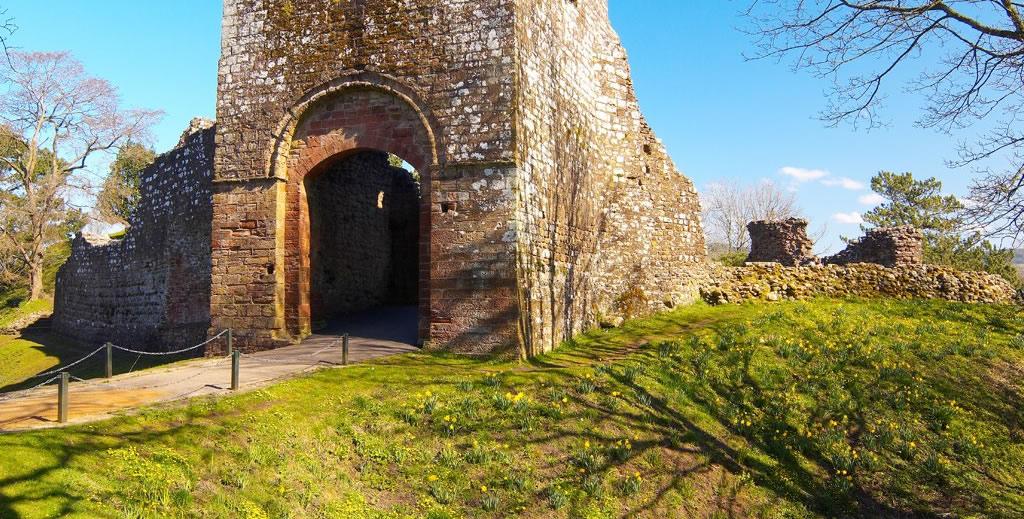Published: 02/07/2019
COPELAND Council is set to receive £60,000 over the next three years to help to join the fight in protecting and reintroducing pollinators in West Cumbria.
The funding has been allocated as part of ‘Get Cumbria Buzzing’ project which aims to tackle a decline in bees and other pollinators.
Copeland Council will use the funding to create havens for insects spanning almost 10,000 square metres. This will be done by planting plugs, trees and native Cumbrian wildflowers alongside other shrubs and bulbs, ensuring the pollinating insects are attracted to the areas.
So far six sites have been earmarked in the Whitehaven and Distington area. They will provide the natural habitats needed to ensure local wildlife thrives. These are areas in, or near to, Castle Park, Trinity Gardens, Pow Beck, Mirehouse, Whitehaven Cemetery (all in Whitehaven) and Distington Hall Gardens. Together they will create a series of pollinator friendly stepping stones across Whitehaven and Distington. This will help increase connectivity enabling insects other wildlife to move more freely throughout the area and across North West Cumbria.
The council will also work with the local community and other organisations to encourage the ownership, upkeep and maintenance of these sites.
Councillor Steve Morgan, Executive Portfolio Holder for Open Spaces, said: “We’re proud to be part of this initiative which will help breathe life into our borough.
“It is largely well known how important pollinators are to our ecosystem and as a responsible council we’re ensuring we play our part in supporting this project.
“This funding will ensure that our corner of the county provides an attractive haven for these insects to thrive.”
Get Cumbria Buzzing in North West Cumbria aims to get parks, school grounds and other green spaces around Workington, Whitehaven and Maryport buzzing with bees and pollinators thanks to £912,800 funding from the National Lottery Heritage Fund. The ground-breaking project will see Cumbria Local Nature Partnership work with Highways England and Cumbria Wildlife Trust to get local people buzzing with activity to boost numbers of bumblebees and other wild pollinators and halt their decline.
You can find out more about the Get Cumbria Buzzing project at http://bit.ly/cumbria-buzz









